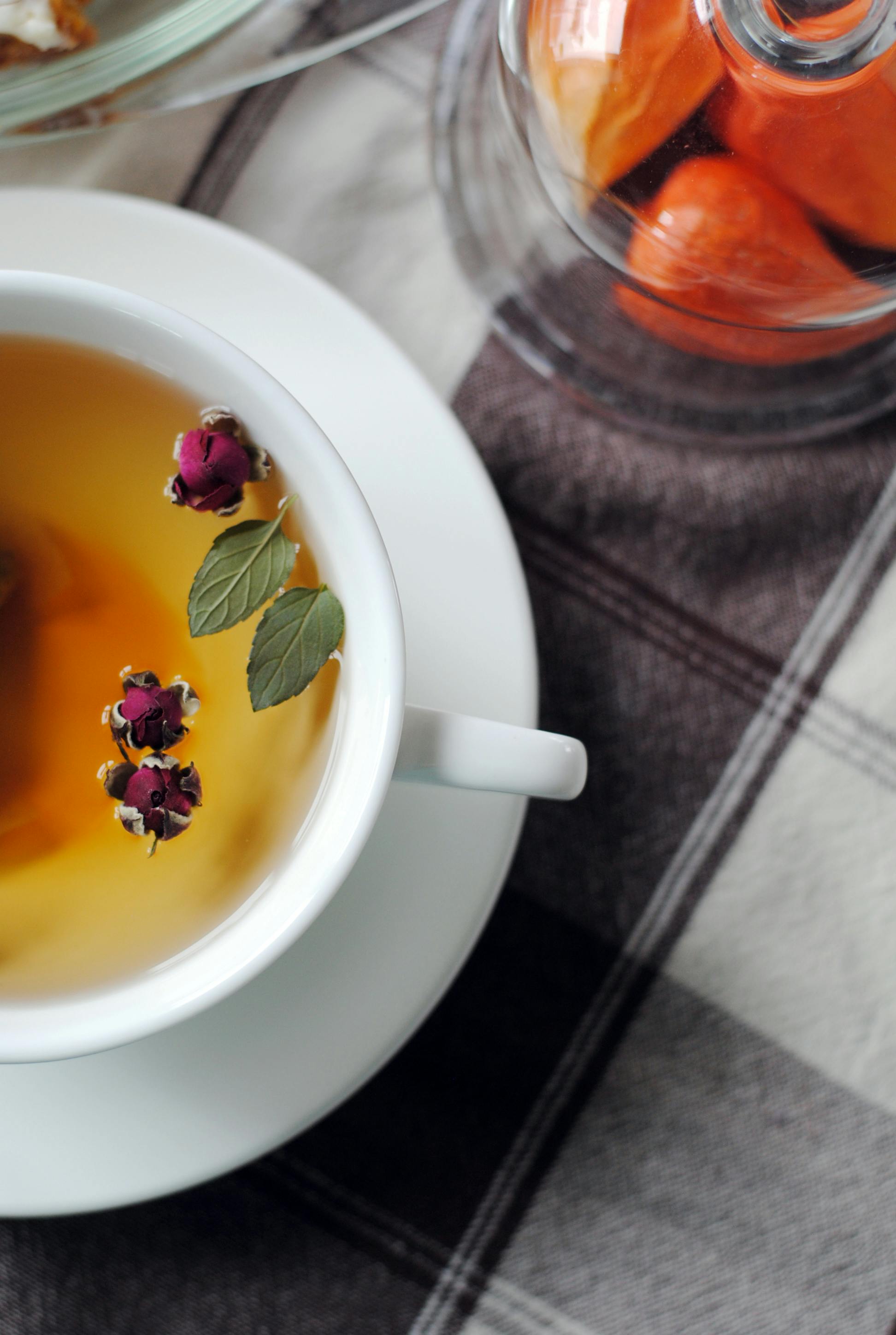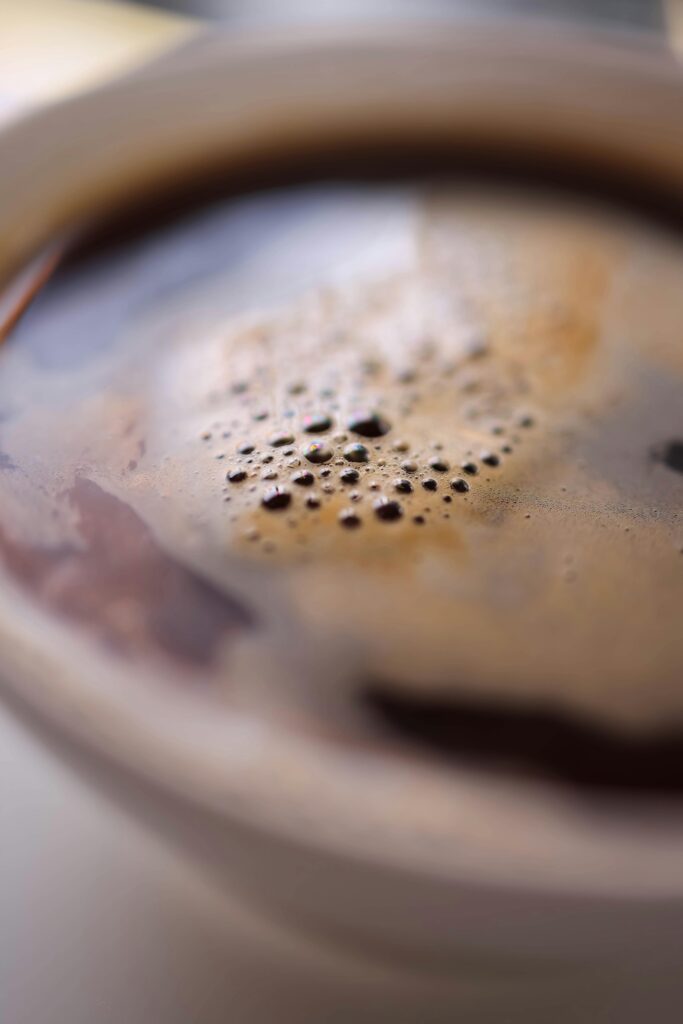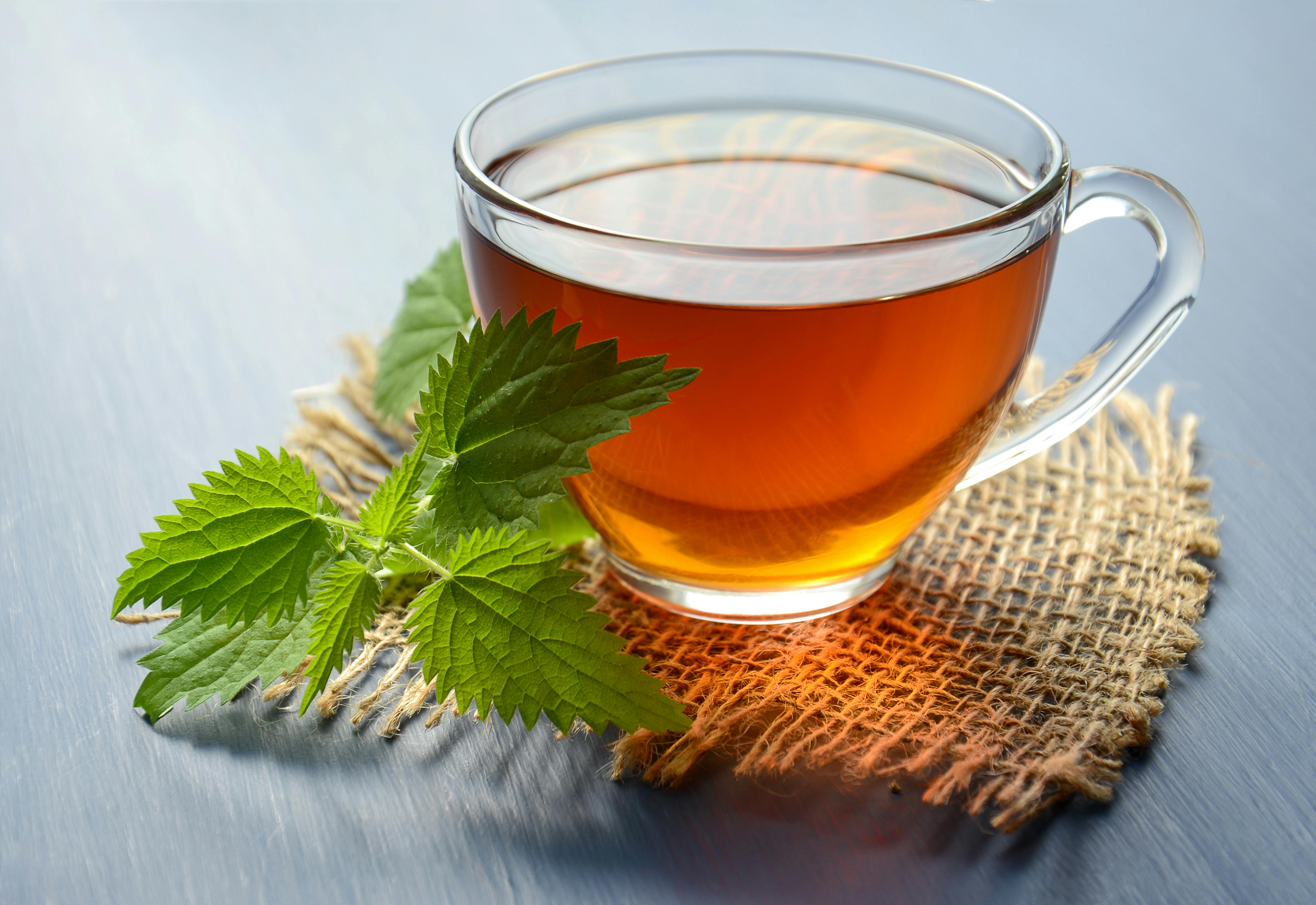
Are you a caffeine fanatic? Do you rely on that jolt of energy to kickstart your day? If so, you’ve probably wondered which drink packs more of a punch: green tea or coffee. Both are popular options for a caffeine boost, but does green tea really have more caffeine than coffee? Let’s delve into the caffeinated world and settle this debate once and for all.
Understanding caffeine and Its Effects
Caffeine is a naturally occurring stimulant that affects the central nervous system. It is found in varying amounts in different beverages, including green tea and coffee. When consumed, caffeine stimulates the brain, increasing alertness and reducing fatigue. It can also improve focus and enhance physical performance. However, excessive consumption of caffeine can lead to negative side effects such as jitteriness, increased heart rate, and difficulty sleeping.
Caffeine affects individuals differently, with some people being more sensitive to its effects than others. Factors like age, weight, general health, and tolerance levels can affect how caffeine is processed in the body. It’s important to be aware of your own caffeine sensitivity and adjust your intake accordingly.
Caffeine Content in Green Tea
Contrary to popular belief, green tea generally contains less caffeine than coffee. On average, an 8-ounce cup of green tea typically has around 30 milligrams of caffeine. This is significantly lower than the caffeine content found in coffee. However, it’s important to note that the caffeine levels in green tea can vary depending on the type of tea and the brewing method used.
Green tea leaves are typically less processed than coffee beans, which helps to retain more of their natural compounds, including caffeine. The caffeine levels in green tea are influenced by factors like its origin, growing conditions, and harvest time. Typically, green teas crafted from younger leaves have higher caffeine content.
Caffeine Content in Coffee

Coffee is known for its higher caffeine content compared to green tea. On average, an 8-ounce cup of coffee contains around 95 milligrams of caffeine. The caffeine content in coffee can vary depending on factors such as the type of coffee beans used, the brewing method, and the strength of the brew.
Different types of coffee, such as espresso, drip coffee, and instant coffee, can have varying levels of caffeine.Espresso is well-known for its high caffeine content, containing approximately 63 milligrams of caffeine in one shot.On the other hand, instant coffee generally has lower caffeine content, with an average of 30 milligrams per 8-ounce cup.
Factors Affecting Caffeine Levels in Green Tea and Coffee
The caffeine levels in green tea and coffee can be affected by several factors. For green tea, the type of tea leaves used, the brewing temperature, and the steeping time can all impact the caffeine levels. Generally, longer steeping times and higher water temperatures can result in higher caffeine extraction.
Similarly, for coffee, the type and roast level of the beans, the brewing method, and the coffee-to-water ratio can affect the caffeine content. Darker roasts typically have slightly less caffeine than lighter roasts, as the roasting process can reduce caffeine levels. Brewing methods that involve longer contact time between water and coffee grounds, such as French press or espresso, tend to yield higher caffeine concentrations.
Health Benefits of Green Tea and Coffee
Both green tea and coffee offer various health benefits beyond their caffeine content. Green tea is rich in antioxidants, particularly catechins, which have been linked to numerous health benefits. These antioxidants can help reduce inflammation, lower the risk of chronic diseases, and promote heart health. Green tea has also been associated with weight loss and improved brain function.
Coffee is rich in antioxidants and can protect against diabetes, Parkinson’s, liver disease, and cancer.. Moreover, drinking coffee is associated with a reduced risk of stroke and improved cognitive function.
Caffeine Sensitivity and Individual Tolerance
Individuals can have varying levels of caffeine sensitivity and tolerance. Some people react poorly to small caffeine doses, others handle large amounts fine.. It’s important to listen to your body and pay attention to how caffeine affects you personally.
If caffeine affects your sleep, causes anxiety, or discomfort, try switching to decaf green tea or herbal teas.
Green Tea vs. Coffee: Caffeine Comparison
When it comes to choosing between green tea and coffee based on caffeine content, it ultimately depends on your personal preferences and caffeine needs. If you’re looking for a stronger caffeine kick, coffee is the way to go. A cup of coffee generally contains more caffeine than a cup of green tea.
However, it’s worth considering the other factors beyond caffeine content when making your decision. Green tea offers a range of health benefits, and its lower caffeine levels can be desirable for those who are more sensitive to caffeine or prefer a milder boost. Coffee provides a stronger energy boost and is linked to the morning ritual of starting the day.
How to Reduce Caffeine Intake
If you’re looking to reduce your caffeine intake, there are several strategies you can try. Gradual reduction is often recommended to avoid withdrawal symptoms.. Start by replacing one cup of coffee or green tea with a decaffeinated alternative or herbal tea. You can gradually decrease the number of caffeinated beverages you consume each day until you reach your desired caffeine intake level.
It’s also important to be mindful of hidden sources of caffeine in your diet, such as chocolate, energy drinks, and certain medications. Reading labels and being aware of the caffeine content in these products can help you better manage your overall caffeine intake.

Conclusion
In the debate of whether green tea has more caffeine than coffee, the numbers speak for themselves. On average, coffee contains more caffeine than green tea. However, the caffeine content in both beverages can vary depending on factors such as the type, brewing method, and serving size.
Ultimately, the choice between green tea and coffee should be based on your personal preferences, caffeine needs, and health considerations. Green tea offers numerous health benefits and a milder caffeine boost, while coffee provides a stronger jolt of energy. Whichever beverage you choose, remember to consume caffeine in moderation and be mindful of your own caffeine sensitivity and tolerance levels. So, grab your preferred cup of joe or green tea and enjoy it guilt-free!